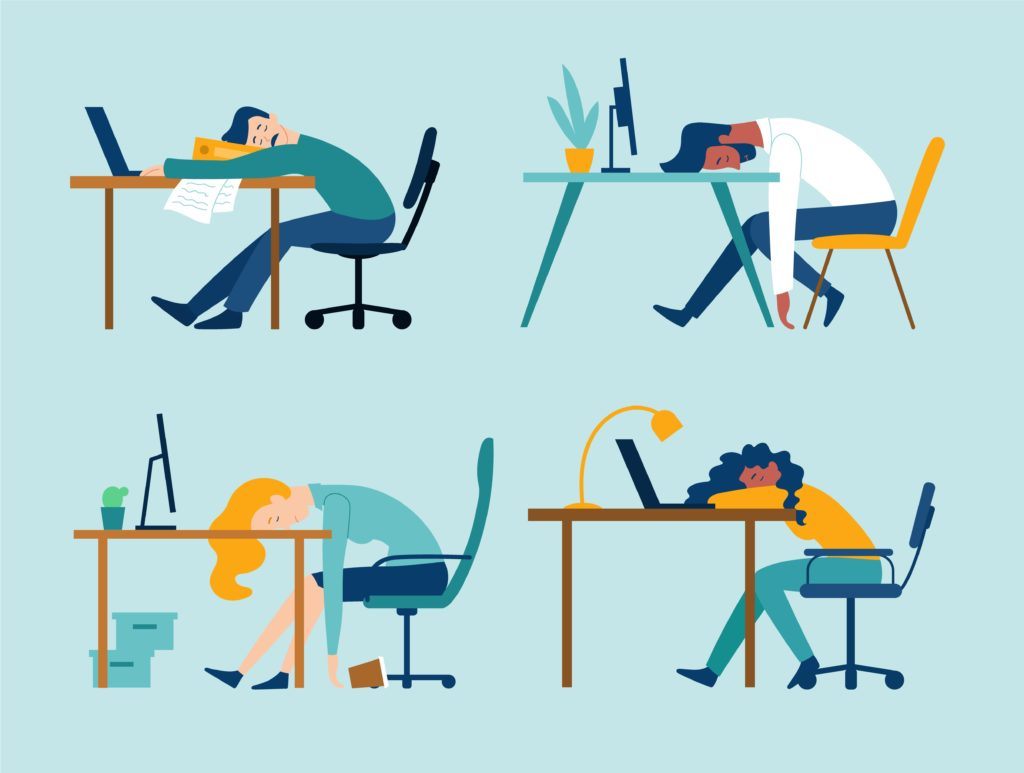Our Blog
Combatting Burnout: Strategies for High-Stress Professions

In today’s fast-paced world, where productivity and performance often take precedence, burnout has become a pervasive issue affecting individuals across various professions. While anyone can experience burnout, certain occupations are more prone to this debilitating condition due to the unique stressors they face. In this blog, we’ll explore some high-risk professions that frequently lead to burnout and, more importantly, provide strategies to prevent and combat it.
Professions Prone to Burnout
- Healthcare Workers The Healers in Need of Healing Healthcare professionals, including doctors, nurses, and caregivers, often deal with life-or-death situations, long hours, and high-stakes decisions. The emotional toll of providing care to patients in distress can be overwhelming, leading to compassion fatigue and burnout.
- Teachers and Educators Nurturing Minds, Dealing with Pressure Teachers are responsible for shaping the future by educating the next generation. However, they frequently encounter large class sizes, curriculum demands, and ever-evolving educational standards. Balancing the needs of diverse students and navigating administrative challenges can be exhausting.
- First Responders Heroes Under Duress Police officers, firefighters, and paramedics face physically and emotionally taxing situations daily. The constant exposure to trauma, unpredictable work hours, and the pressure to make split-second decisions can lead to acute stress and burnout.
- Legal Professionals Defenders of Justice, Battling Burnout Lawyers and legal practitioners are often under extreme pressure to meet tight deadlines, handle demanding clients, and maintain a strong professional image. The adversarial nature of the legal system can intensify stress levels.
- Journalists and Media Personnel The Pursuit of Truth in a 24/7 News Cycle Media professionals work in a high-pressure environment where news never sleeps. The relentless deadlines, exposure to traumatic events, and the scrutiny of their work can contribute to mental and emotional exhaustion.
- Entrepreneurs and Small Business Owners Passion-Driven but Vulnerable Entrepreneurs and small business owners are dedicated to their ventures, often working long hours and wearing multiple hats. Financial uncertainties, heavy responsibilities, and the fear of failure can lead to chronic stress.
Recognizing Burnout
Before we delve into strategies for avoiding burnout, it’s crucial to recognize its warning signs:
- Physical Symptoms: Fatigue, headaches, sleep disturbances, and changes in appetite.
- Emotional Changes: Increased irritability, anxiety, and feelings of hopelessness.
- Decreased Performance: A drop in productivity, difficulty concentrating, and reduced enthusiasm for work.
- Interpersonal Issues: Strained relationships with colleagues, friends, or family members.
- Neglecting Self-Care: Disinterest in hobbies, neglect of physical health, and an unhealthy work-life balance.
Strategies for Preventing Burnout
- Set BoundariesEstablish clear boundaries between work and personal life. Define specific work hours and stick to them. Prioritize self-care activities outside of work, such as exercise, hobbies, and spending time with loved ones.
- Practice MindfulnessEngage in mindfulness techniques like meditation and deep breathing exercises to reduce stress and improve mental resilience. Mindfulness can help you stay present, manage anxiety, and foster emotional well-being.
- Seek SupportDon’t hesitate to seek support from friends, family, or a therapist. Discussing your challenges and emotions with a trusted confidant can provide valuable perspective and emotional relief.
- Delegate and PrioritizeIn high-pressure professions, it’s essential to delegate tasks when possible. Prioritize your workload and focus on what truly matters. Avoid overcommitting or taking on unnecessary responsibilities.
- Take Regular BreaksIncorporate short breaks throughout the day to recharge your mind and body. Even a five-minute walk or a few moments of deep breathing can make a significant difference.
- Continuous LearningStay up-to-date with stress management techniques, such as time management, resilience building, and conflict resolution. Consider attending workshops or training sessions on these topics.
- Advocate for Workplace ChangesIf you’re part of an organization, advocate for changes that can reduce burnout risks. Encourage open communication, flexible work arrangements, and access to mental health resources.
- Monitor Self-CareRegularly assess your self-care routines. Are you dedicating time to activities that bring you joy and relaxation? Make self-care a non-negotiable part of your daily life.
Conclusion
Burnout is a pervasive issue that affects individuals in high-risk professions. However, by recognizing the signs of burnout and implementing preventive strategies, you can protect your well-being and maintain a fulfilling career. Remember that seeking help and making self-care a priority are signs of strength, not weakness. In the pursuit of professional excellence, don’t forget to prioritize your own well-being.
How Long Should Your Resume Be?
Key Questions to Ask When Interviewing for a Job
Gen Z Dynamics in the Workplace: Strategies for Engaging Younger Talent
Understanding and Managing Interview Anxiety
The Importance of Leadership Perception in Attracting Top Talent
Proven Strategies to Destress and Succeed in Your Job Search
With great vision, you need great people
Looking for higher-level career opportunities in Greater Boston and throughout Massachusetts?
